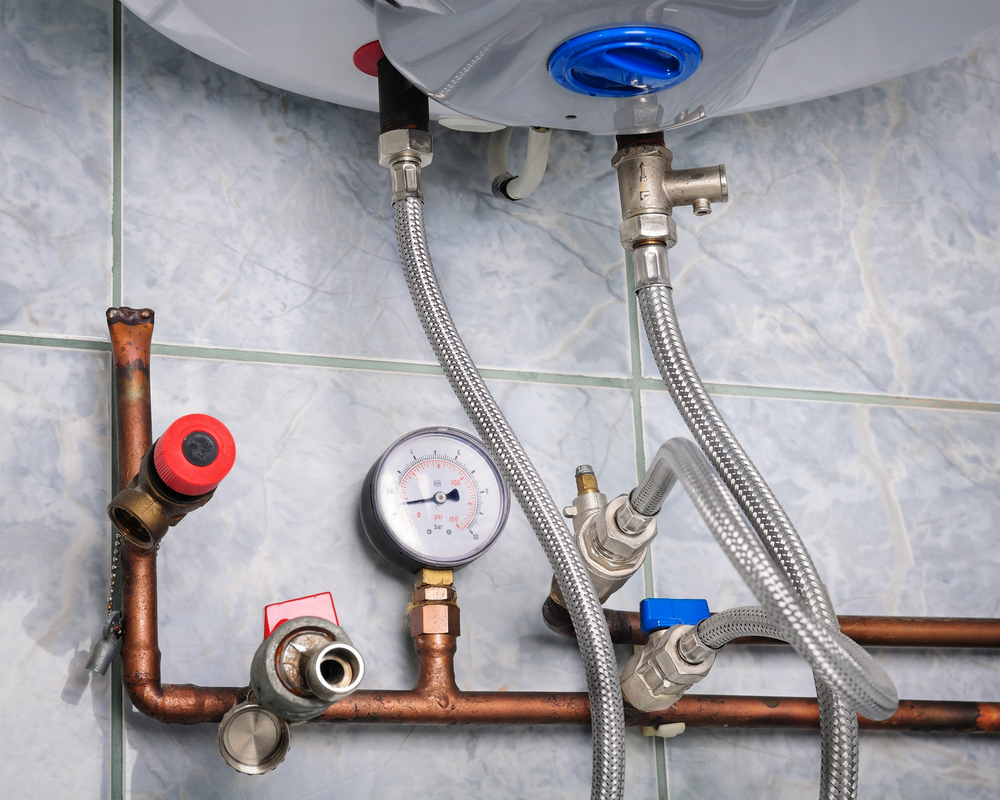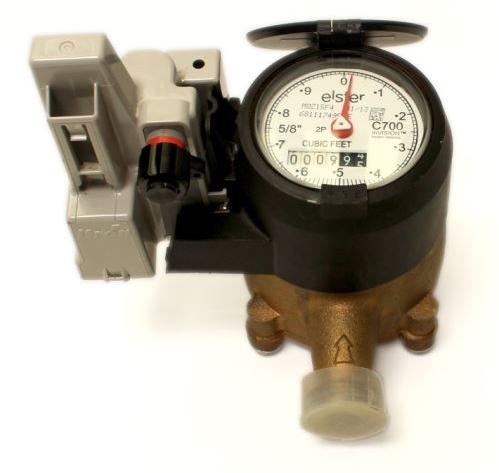Quick Fixes for Addressing Low Water Pressure in Your Home
Call TodayNearly everybody is bound to have their own unique perception involving Low Water Pressure in the House?.

Low tide pressure in your home can be a discouraging problem, influencing whatever from bathing to cleaning recipes. If you're experiencing weak water circulation, there are numerous feasible causes and solutions to check out. In this guide, we'll discuss common factors for low water stress and functional actions to deal with the concern effectively.
Introduction to Low Tide Pressure
Low water pressure happens when the circulation of water from your faucets, showers, and other components is weak than normal. This can make day-to-day tasks extra difficult and much less effective. Comprehending the causes of low water pressure is critical to finding the ideal remedy.
Common Causes of Low Water Stress
Pipe Obstructions
Over time, pipes can come to be clogged with mineral deposits, debris, or debris, restricting the circulation of water. This is a common concern in older homes with galvanized steel pipelines.
Deterioration
Deterioration within pipes can result in leaks and lowered water pressure. Corrosion accumulation can constrict water flow, especially in maturing plumbing systems.
Faulty Stress Regulatory Authorities
Stress regulators are in charge of maintaining consistent water stress in your house. If they malfunction, it can result in low water stress or irregular circulation throughout your house.
Local Supply Of Water Issues
Occasionally, the problem lies outside your home. Local water concerns, such as main line leakages or maintenance job, can momentarily lower water pressure in your area.
Just How to Identify Low Water Stress
Examining Faucets and Components
Begin by evaluating the water stress at different faucets and components throughout your home. If the issue is separated to specific areas, it may show localized issues.
Examining Pipelines
Check visible pipelines for indications of leakages, corrosion, or clogs. Take notice of any type of uncommon sounds, such as banging or rattling pipes, which might show issues within the plumbing system.
Consulting with a Plumber
If you're not able to determine the reason for low water pressure, think about employing an expert plumber to carry out an extensive inspection. They can identify underlying concerns and advise suitable options.
DIY Solutions to Fix Low Water Stress
Cleansing Aerators and Showerheads
Natural resources can build up in aerators and showerheads, decreasing water circulation. Get rid of and clean these components regularly to enhance water pressure.
Flushing Hot Water Heater
Debris build-up in the hot water heater can restrict circulation and minimize efficiency. Flushing the storage tank periodically aids remove sediment and maintain optimal performance.
Inspecting Pressure Regulator
Make sure that the pressure regulator is operating properly. Changing or replacing the regulatory authority can assist restore proper water stress throughout your home.
Cleaning Clogs in Water Lines
For minor blockages, try making use of a plumbing snake or chemical drainpipe cleaner to clear blockages in pipelines. Be cautious when making use of chemicals and follow safety and security guidelines.
When to Call an Expert Plumber
If DIY efforts fall short to solve the issue or if you believe significant plumbing problems, it's finest to seek assistance from a licensed plumber. They have the knowledge and tools to resolve complicated issues safely and effectively.
Safety Nets to Maintain Water Stress
Routine Maintenance
Arrange regular maintenance for your plumbing system to stop problems such as corrosion, leakages, and blockages. Attending to minor troubles early can help avoid more significant fixings in the future.
Installing a Pressure Booster
Take into consideration setting up a pressure booster pump to improve water stress in areas with constantly reduced circulation. This can be especially beneficial for multi-story homes or homes with high-demand fixtures.
Surveillance Water Usage
Be mindful of water usage practices and prevent overtaxing the plumbing system. Easy modifications, such as shocking showers and laundry loads, can assist maintain sufficient water stress.
Final thought
Dealing with low water pressure can be irritating, but recognizing the underlying causes and implementing ideal services can recover optimal flow throughout your home. Whether it's cleaning aerators, inspecting pipes, or consulting with a plumber, taking positive actions can guarantee a steady supply of water for your everyday requirements.
FOUR WAYS TO FIX LOW WATER PRESSURE NOW
Turning on a shower or faucet only to find the water comes out in a sad, slow drizzle is never a good feeling. How exactly are you supposed to wash a pan or take a quick shower when it takes 10 minutes just to rinse off a little soap? The good news is that when your water pressure is bad, there's always a cause: typically one that can be easily fixed. Here are some of the most common causes of low pressure and what you can do to fix the issue:
DEBRIS AND MINERAL DEPOSIT BUILDUPS
If you notice low water pressure from just one or two of the fixtures in your house, the problem likely has to do with debris buildup. Water is full of minerals and other debris, all of which can accumulate in your pipes and on your fixtures. This can cause a blockage that affects how much water flows through. To fix this, try filling a small plastic bag with white vinegar, and use a rubber band to hang it around your showerhead or faucet. Let the head of the fixture soak for a few hours, and the vinegar should loosen the deposits.
WATER LEAKS
Leaks are another common cause of low water pressure. If water is flowing out of your plumbing through a hole or crack before it can reach your fixture, the pressure coming out of the faucet or showerhead will be lower. A plumbing professional is your best bet for finding and repairing a leak in your water supply pipes.
Leaks are another common cause of low water pressure. If water is flowing out of your plumbing through a hole or crack before it can reach your fixture, the pressure coming out of the faucet or showerhead will be lower. A plumbing professional is your best bet for finding and repairing a leak in your water supply pipes.
FOUR WAYS TO FIX LOW WATER PRESSURE NOW
Turning on a shower or faucet only to find the water comes out in a sad, slow drizzle is never a good feeling. How exactly are you supposed to wash a pan or take a quick shower when it takes 10 minutes just to rinse off a little soap? The good news is that when your water pressure is bad, there's always a cause: typically one that can be easily fixed. Here are some of the most common causes of low pressure and what you can do to fix the issue:
DEBRIS AND MINERAL DEPOSIT BUILDUPS
If you notice low water pressure from just one or two of the fixtures in your house, the problem likely has to do with debris buildup. Water is full of minerals and other debris, all of which can accumulate in your pipes and on your fixtures. This can cause a blockage that affects how much water flows through. To fix this, try filling a small plastic bag with white vinegar, and use a rubber band to hang it around your showerhead or faucet. Let the head of the fixture soak for a few hours, and the vinegar should loosen the deposits.
WATER LEAKS
Leaks are another common cause of low water pressure. If water is flowing out of your plumbing through a hole or crack before it can reach your fixture, the pressure coming out of the faucet or showerhead will be lower. A plumbing professional is your best bet for finding and repairing a leak in your water supply pipes.
Leaks are another common cause of low water pressure. If water is flowing out of your plumbing through a hole or crack before it can reach your fixture, the pressure coming out of the faucet or showerhead will be lower. A plumbing professional is your best bet for finding and repairing a leak in your water supply pipes.
A VALVE ISSUE
If you have low water pressure throughout your home, check your main shut-off valve to make sure it's completely open. You may also want to see if there's a pressure-reducing valve installed. If there is, have a plumber help you adjust the settings to get the pressure you're looking for.
OTHERS USING WATER
Believe it or not, your low water pressure could be caused by your neighbors. If you notice low pressure at certain times of day, it may be because you and the people living next to you have similar schedules - when everyone is showering at the same time, the pressure will be lower in every home. Low pressure throughout the neighborhood may also be caused by an issue with your municipal water supply. If that's the case, call the supplier to see if they're working on the issue.
https://www.rotorooter.com/blog/water-leaking/low-water-pressure-fixes/

I was brought to that report about Low Water Pressure in the House? from a good friend on a different website. Are you aware of another person who is intrigued by the topic? Feel free to promote it. Thank you for being here. Revisit us soon.
Visit Website